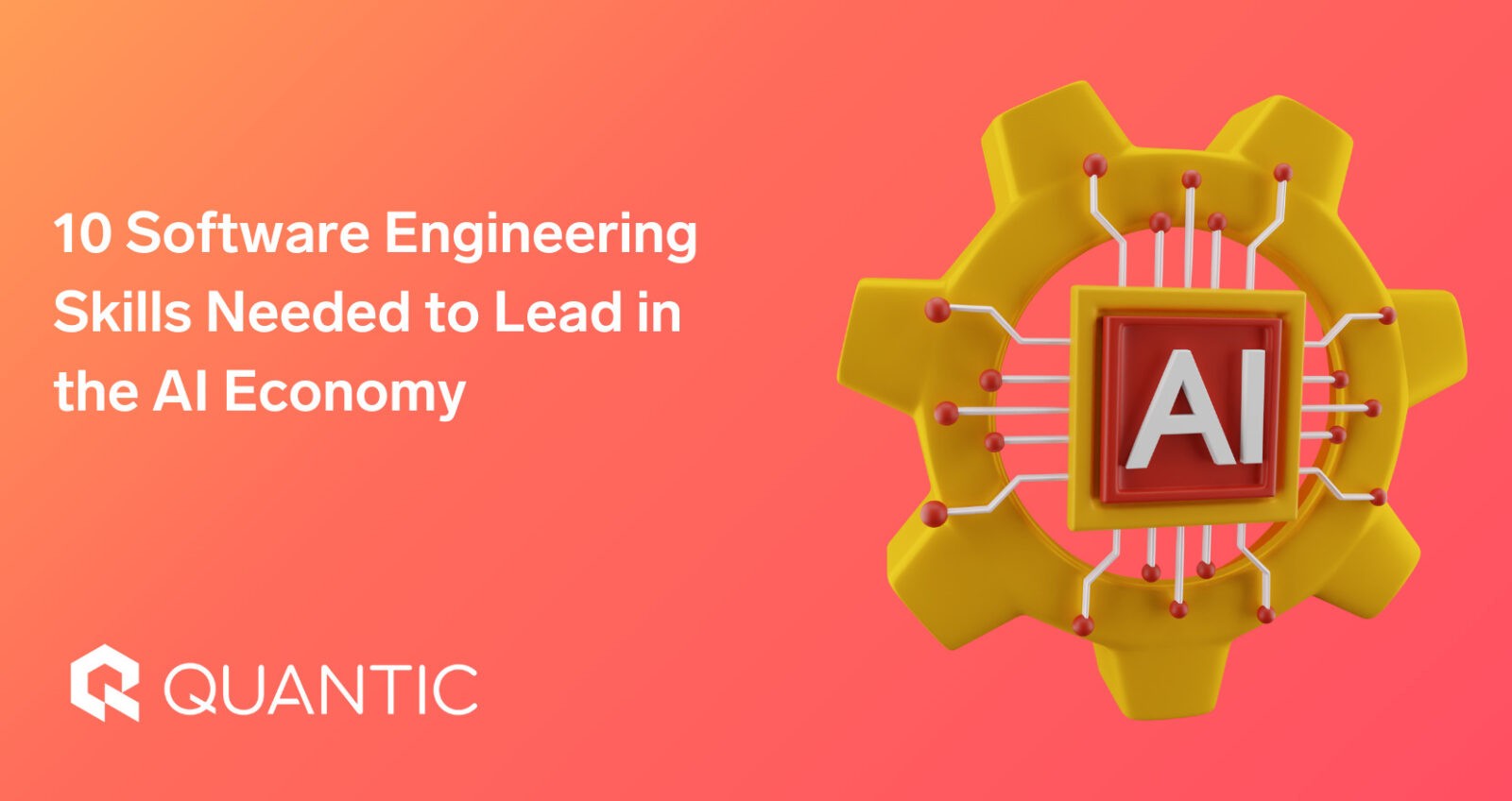EDUCATION
Learning Game Trees and Forgetting Wrong Paths
This is the second of two blog posts delineating the pedagogical approach of Herb Simon, the man credited with inventing the field of artificial intelligence, for which he won a Turing award in 1975. (Read the first post here.) Simon was a polyglot social scientist, computer scientist and economics professor at Carnegie Mellon University, He later won the Nobel Prize in 1978 in economics for his work in organizational decision-making.
Dr Simon would often tell his students that he liked to think about human learning as a game tree: when you start out learning about a new topic, you begin at the root of the tree with what you already know, and follow connections to related topics, discovering new “nodes” in the tree. You employ a variety of search strategies to follow connections both broadly and deeply through related topics, loading as much of the explorable tree into memory as possible. As you discover and master each “node” on the tree, you learn which branches of the tree are fruitful and which are fruitless.

During and after exploration though, the entire game tree remains in your working memory, slowing you down. When you take breaks, not only are you relaxing, but you are also forgetting wrong paths – pruning those fruitless branches from your working memory. When you next return to the task at hand, you resume exploring connections and mastering concepts not at the very top of the tree, but in the most fruitful subtrees where you left off, making better use of your working memory.
At Pedago, we believe in learning by doing, and we want to break complex topics and concepts down into what Seymour Papert in the book Mindstorms calls “mind-sized bites.” One of the benefits of breaking complicated topics into “bites” is that it is easier to build learning content that learners can work through when they only have a few minutes free, on whatever device they have on hand.
As we build our database of short concepts and lessons, we find ourselves also building a rich tree structure of topic relation metadata that in structure is not unlike Simon’s game tree of learning. A nice side-effect of a learning solution with rich, encapsulated, short lessons is that you don’t have to commit to a thirty minute video – you can learn in bits and pieces throughout your day. And by doing this, you are unintentionally building and then pruning your learning game tree in an efficient way, forgetting wrong paths and making the best use of your working memory each time you return to your lessons.



